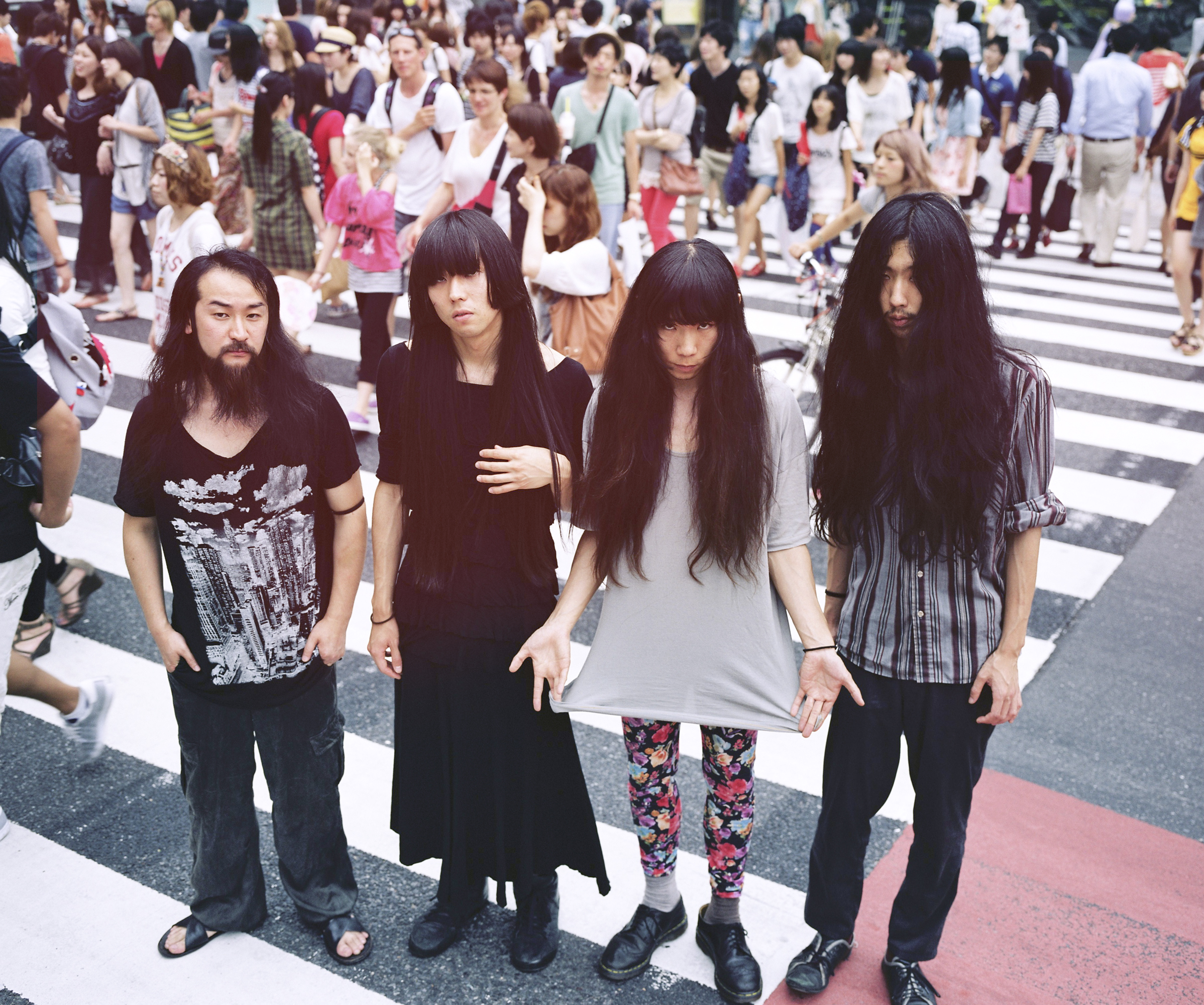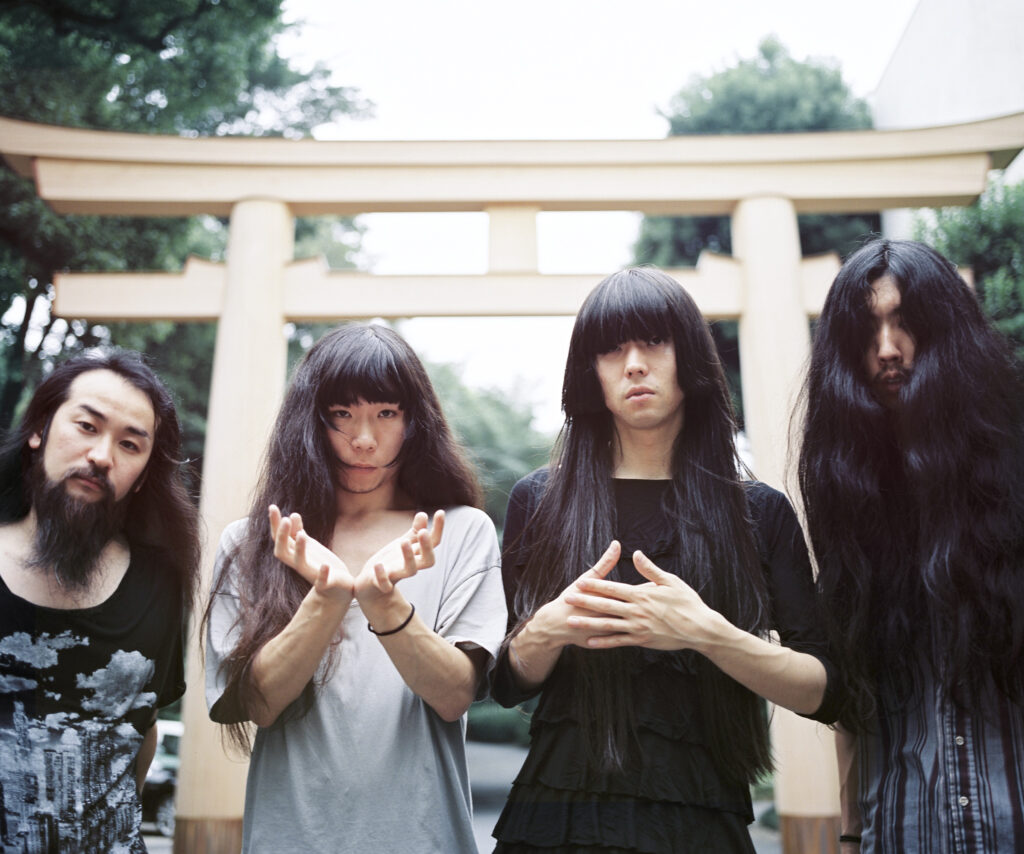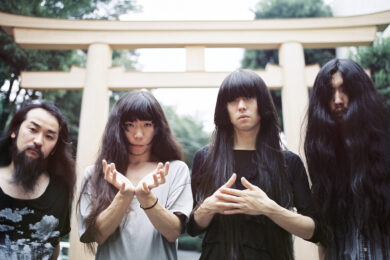In 2004 a group of former students of the Islington Green School, North London, began litigation against Pink Floyd to try and recover what they said was money owed to them in unpaid royalties. The claimants, now all in their mid-forties were members of the 1979 fourth form music class who added their vocals to the Floyd’s massive world wide hit ‘Another Brick In The Wall (Part 2)’.
The band regularly used the Britannia Row Recording Studios, just a stone’s throw away from the school, so their management, encouraged by producer Bob Ezrin, approached the music teacher Alun Renshaw to provide a bunch of 13 and 14 year olds to act as backing singers. Sensing the idea of a bunch of schoolies singing, “We don’t need no education/ we don’t need no thought control” wouldn’t go down too well with the PTA, Renshaw smuggled the kids into the studio without the head teacher’s knowledge. He then emigrated to Australia not long afterwards when the song hit number one and the inevitable massive controversy broke out (the Inner London Education Authority branded the affair “scandalous”). The school kids were banned from appearing with Pink Floyd on Top Of The Pops by their head mistress, when the single went to number one in December 1979.
In total the song hit the top spot in twelve countries and sold four million copies. It may not fit into the standard post punk, synth pop, NWOBHM or new romantic narrative that most people like to talk about, but psychedelic rock was back at the top of the charts at the dawn of the 80s, and in a bigger way than it had been since the summer of love in 1967.
Chances are if you mention the concept of psychedelic rock to the next person you run into after reading this article, the first thing they will think of is Pink Floyd in their 1970s and 1980s pomp. And taxonomically they’d be right, Pink Floyd probably are the world’s most famous psychedelic rock group. However, as far as genre tags go (in this case at least) in literal terms it is as misleading as acid jazz (nothing to do with acid or jazz) and glam rock (completely unglamorous). The music of Pink Floyd is a massive rite of passage for people taking up smoking weed in their teenage years but it is far from being psychedelic. Albums such as The Wall and Dark Side Of The Moon are too bombastic, linear, overbearing and fixedly narrative-based to be truly mind expanding. There is no room for the listener to impose him or herself in these densely crowded soundscapes, there is no room for the imagination to take flight. These are simply records that hold your hand and decorate your immediate psychological topography while you get used to smoking bifters.
There is a hypnotic pulse in true psychedelic music that commands you shut down higher brain function allowing the giant but mainly dormant liminal zone between conscious and subconscious thought, between wakefulness and sleep, between the voids of inner space, interstellar space and death, to yawn open. The music of SunnO))), Ricardo Villalobos, Emeralds, Stars Of The Lid, $hit & $hine and Gnod is psychedelic in ways Pink Floyd could hardly begin to imagine, yet it would be hard to draw formal, musical links between these groups.
Over the road from the Islington Green School in a back street rock pub called The Mucky Pup, a truly psychedelic band called Bo Ningen are sitting sipping drinks. Their second studio album Line The Wall, out now on Stolen, as well as recent jaw-dropping live shows, have confirmed that this group, who all came to the UK from Japan to study but stayed here to rock, are a force of nature that should be treated with the utmost seriousness.
Kohhei, a guitarist who comes from the small town of Zifu, situated on a mountainside, is the band’s resident artist, and he immediately reaches for his sketch book when asked what the name of the album means, flicking through pages and pages of notes and drawings. He speaks softly: “It means many things and has many colours and dimensions. One of the things we were talking about during the recording was the Great Wall Of China. How it divides two territories and you can imagine flying from one point to another straight over the wall, or even having to burst through it…”
Taigen, the bassist and singer who comes from Tokyo, and the most talkative member, adds: “We came up with lots of different ideas but this was the one that got it. The first album is more straight-forward. It was recorded live but this one has more colour and more dimension. It has more production. I don’t mean, that it’s over-produced – it’s still a live recording but with more overdubbing.
“The wall can have many different meanings. It can be something you have to break through or climb over. Also line can mean the same as wall. We wanted the name to be essentially abstract, but to have many potential meanings and for it to be strong.”

The group – completed by the messianic/warrior figure of Mon-Chen from Gunma on drums and the icily gothic Yuki from Osaka on guitar – may all be from the Far East but it would be wrong, essentialist perhaps, to paint them as ‘another Japanese freak rock outfit’. It only takes one listen to Line The Wall to hear that they have more in common with Secret Machines, Hawkwind, Oneida, The Cure, Loop and Trans Am than they do with Flower Travelling Band, Boredoms or Acid Mothers Temple.
That said they are quick to acknowledge the wealth of brilliantly unhinged music that comes from their homeland. Taigen – who said it was easier to find out about some aspects of the Japanese underground in the UK than it was in Tokyo – studied sound art at university and wrote a thesis on noise music from Japan: “The reason why this music is so extreme and different to other countries, is because as a people we are good at copying things. But at the same time we find it easy to misunderstand things. It is almost as if we want to copy something but we abuse it by accident instead. We mis-shape it.”
Kohhei adds: “Kawabata Makoto from Acid Mothers Temple told us this funny story. He said that when he first started playing guitar, the only video he had ever seen of anyone playing the guitar was Pete Townsend from The Who doing the windmill. And he thought that’s how you played guitar and he always used to play like that, no matter what the music was or how fast it was.”
Taigen says: “So people like him were trying to copy music but accidentally it ended up much more extreme in a way, to the extent that to an American or European audience, it sounds like a new genre almost. So we started out by trying to be like European artists but ended up abusing the source material, sometimes by misunderstanding but sometimes on purpose as well.”
Besides, says Taigen, if people want to see them as being Japanese freak-niks first and foremost, rather than an East London band (where they have spent most of the last seven years gigging hard), that’s not necessarily a bad thing: “People treat us like a type of band that they’ve never seen before. I’d say 80% of our audience maybe haven’t seen a band like us before and maybe the others are really into our sort of music and know the history of Japanese music [the sort of music Julian Cope talks about in Japrocksampler]. For me that’s a good mix. For the people who aren’t aware of what we are doing, we could be a gateway into a new genre. We want to open for mainstream and underground bands alike. We want to break the boundaries and mix the audiences up. It sometimes happens in the UK, not so much in Japan.
“So we’ve toured with everyone from Merzbow to The Horrors and this is an attempt to play to different audiences. In Japan, people only listen to the genres they’re into, it’s really hard for them to break the boundaries. We can reach more people here.”
But perhaps the way that Bo Ningen really break through the wall of the listener’s consciousness is something to do with the fact that they treat what they do as art not just a trade that allows you to meet girls, stay up late drinking and wear fancy trousers.
As part of an art magazine’s ongoing project, they were interviewed by Tim Noble and Sue Webster. Afterwards the pair of YBAs noticed that the rockers had moulted leaving behind them long hairs, which they duly turned into an animation. The band, were delighted by the idea and agreed to soundtrack the short film live, something you simply can’t imagine too many standard rock bands agreeing to do. And more recently they have also played a gig using Marshall stacks arranged to resemble Stonehenge by the artist Martin Sexton, drawing comic yet smart parallels with the primal, elemental, spiritual nature of raw-powered guitar music.
Bo Ningen are psychedelic because they believe in destroying the walls that would constrain their creativity and not in building them to protect their self-indulgent solipsism like Pink Floyd in 1979. Taigen says: “In a way true psychedelic music is the most modern music there is because it is concerned with the progress of the mind and one’s outlook, not just fashions in music.” And no matter what you want to call it – kosmische, space rock, psych, kraut, psychedelic rock – that’s a great thing indeed.



